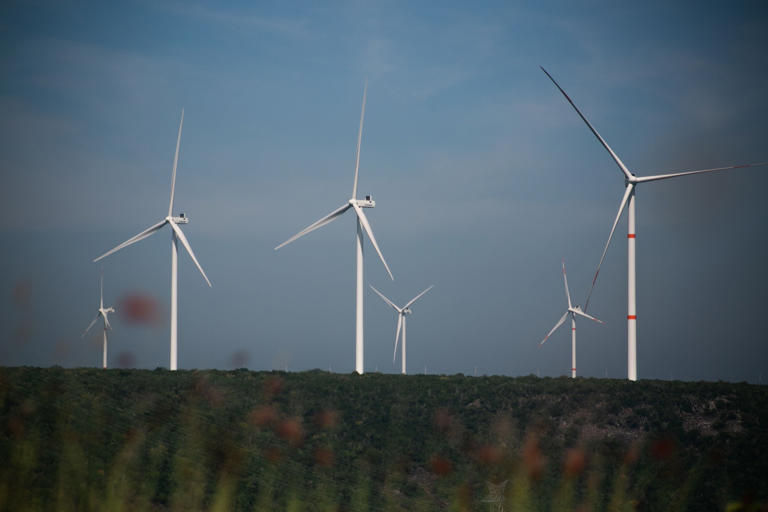The importance of understanding the destination of our investments and the regulatory landscape governing financial institutions has become increasingly evident, particularly in the context of global efforts to combat climate change. Following the conclusion of COP28, which took place in the UAE in November and December of 2023, there has been a concerted effort to promote greater transparency through climate disclosures. These disclosures aim to provide depositors with clear insights into how their savings and investments are contributing to climate action.
One significant initiative in this regard is the Latin American Climate Assets Disclosure Initiative (LACADI), conducted in collaboration with experts from the Global Sustainability Standards Board (GSSB). The primary objective of LACADI is to assess the progress of institutional investors across Colombia, Mexico, and Peru in implementing international recommendations for climate disclosure. By evaluating the status of climate disclosure implementation, the initiative seeks to identify areas for improvement and support while ensuring that Latin American investors transparently disclose the risks and opportunities associated with climate change in their portfolios.
In Colombia, Mexico, and Peru, the participants in the LACADI ranking represent a substantial portion of pension and insurance assets. However, the findings of the initiative reveal a concerning trend: a significant proportion of pension fund administrators, insurers, and asset managers in these countries do not adequately consider climate change-related risks when conducting financial planning. This oversight is particularly alarming given the escalating impacts of climate change and the potential financial risks it poses to investment portfolios.
While many companies and investors in Latin America have taken steps to prepare for a changing climate scenario, the information provided by the region’s financial sector lacks comprehensiveness, traceability, and costed data. Achieving a clearer understanding of the efforts made by regional financial actors is essential for redirecting resources toward climate change mitigation, identifying areas requiring support, boosting investor confidence, and fostering economic diversification.
To address these challenges effectively, there is a pressing need for unified efforts from Latin America’s investors to integrate climate risks into their investment strategies more comprehensively. Collaboration with the international community is crucial to ensure alignment with global sustainability standards and to promote transparency in climate disclosures.
Moving forward, it is imperative to define new, clean, sustainable, and decarbonized investment portfolios that have a tangible impact on society. This includes activating sustainable investments and alternatives that ensure profitability while also advocating for a coherent and achievable regulatory environment. Regulatory collaboration with the firms being regulated is essential for driving meaningful change in climate disclosures and fostering a more sustainable financial ecosystem.
Ultimately, all stakeholders, including pensioners, policyholders, investors, and financial consumers, play a vital role in demanding responsible and sustainable investment practices from financial institutions. By advocating for transparency and considering both the risks and opportunities associated with climate change, stakeholders can drive positive change and position Latin America at the forefront of the global climate fight.
